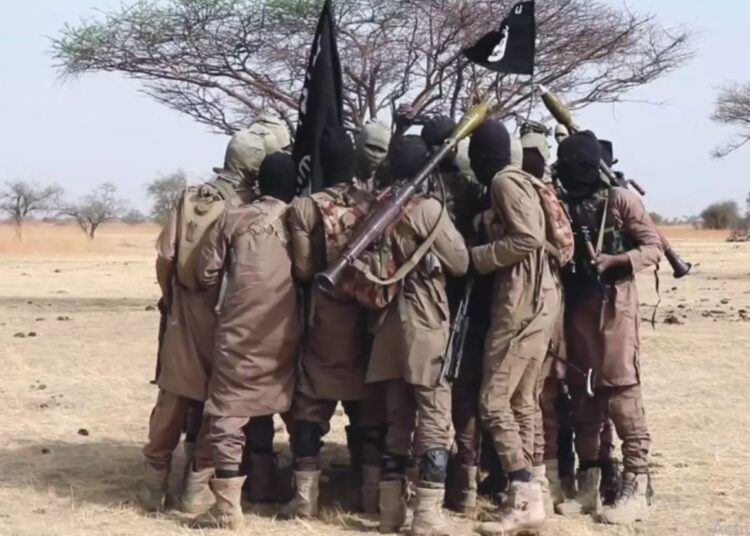Over 300 schoolboys are still missing after gunmen attacked a secondary school in Kankara, a town in Nigeria’s northwestern Katsina state, authorities said.
Attackers on motorcycles stormed the all-boys Government Science School late on Friday and engaged security forces in a fierce gun battle, forcing hundreds of students to flee and hide in the surrounding forest.
“So far we are yet to account for 333 pupils,” Katsina Governor Aminu Masari said on Sunday after a meeting with security officials, adding that the boarding school had a total of 839 students.
Masari said students who managed to escape the attack have been coming out of hiding in the forest. It is unclear if the students initially hid or they escaped from their attackers.
“Efforts are being made to ascertain the actual number of children that have been kidnapped,” said Masari.
Meanwhile, parents and family members on Sunday gathered at the school, issuing a plea to authorities to bring the missing boys to safety.
“If it’s not government that will help us, we have no power to rescue our children,” Murja Mohammed, whose son was taken, told Reuters news agency.
Meanwhile, the hashtag BringBackOurBoys was trending on social media in Nigeria on Sunday as public outrage grew about an attack that initially saw 600 boys missing.
Defence Minister Major General Bashir Salihi-Magash, who met Masari, the governor, said the military will pursue the attackers and rescue the students without any collateral damage.
“We will go the whole hog,” said Salihi-Magash. “We have the intelligence, the information where they are and their movement and their method of operation.”
Another parent, Abubakar Lawal, came from Zaria, a city 120km (75 miles) south of Kankara, after learning that two of his three sons at the school were among the missing.
“From yesterday I was here, praying that the almighty Allah should rescue our people,” he said on Sunday, outside the dusty school grounds.
One of his missing sons, 17-year-old Buhari, was named after President Muhammadu Buhari, a native of Katsina state.
Anas, 16, was also missing. Lawal said the school principal addressed parents, telling them to pray.
Bint’a Ismail, mother of an abducted child, said residents of Katsina “are in a terrifying condition”.
“We don’t see the value of the government. I have a younger brother and a child taken by the kidnappers. I’m from Danja, Katsina state and I’ve been here in the school since dawn and yet there’s no update,” Ismail said.
No group has claimed responsibility for the attack, and the area is far from the usual area of operation of the Boko Haram armed group which began its violent campaign in northeastern Nigeria in 2009 with the goal of imposing its version of strict Islamic law.
In 2018, Boko Haram kidnapped more than 100 girls in the northeastern Nigerian town of Dapchi. And six years ago, in 2014, the same group abducted more than 270 girls in the town of Chibok.
All state schools in Katsina were ordered to close because officials did not know the attackers’ motives, according to the education commissioner.
Ovigwe Eguegu, geopolitical and security analyst at Afripolitika, told Al Jazeera, it is very likely that the perpetrators of the Kankara attack are bandits and not members of Boko Haram.
“These states [such as Katsina] in northwestern Nigeria are known to have serious attacks by bandits, uncoordinated groups that don’t really have any malign intention against the state, or are trying to impose any policy on … the state like we have with Boko Haram,” Eguegu said.
“These are just criminal elements operating freely in northwestern Nigeria.”
There is growing anger with the precarious security situation in Nigeria. Late last month, armed fighters killed many farmers in northeastern Borno state, beheading some of them.
Oby Ezekwesili, a former Nigerian education minister, told Al Jazeera the latest abduction of schoolchildren was a “major tragedy” and “an indication that we learned no lessons from previous tragedies”.
Source Ajaazera




